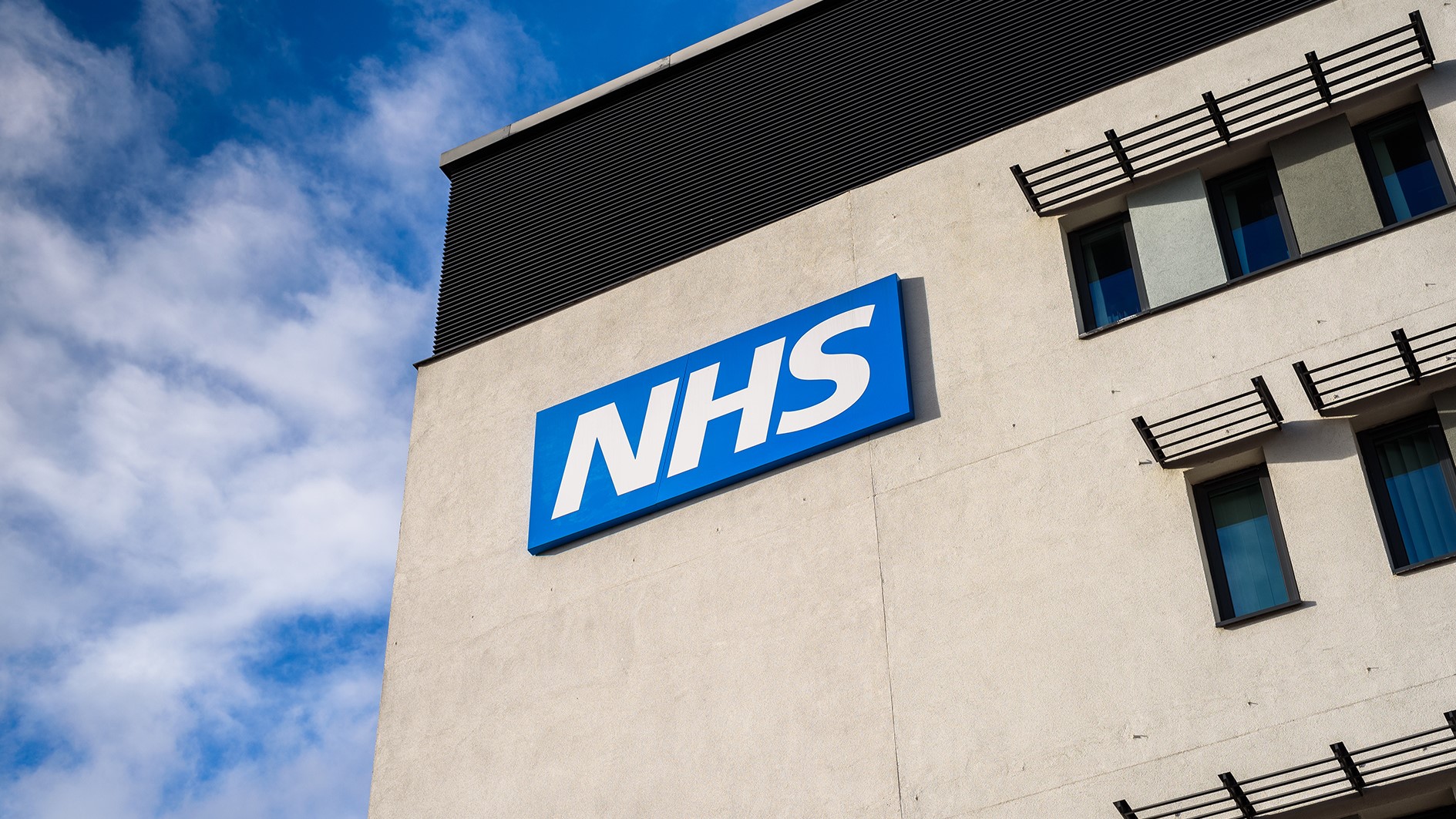Pharma launches legal action against England’s new drug cost limits

The UK pharma industry association has launched legal action against a newly-introduced measure which it says will unfairly delay or deny access to new medicines.
The new ‘budget impact test’ was introduced in April, and allows NHS England to negotiate a new price deal on any drug which has just gained NICE approval, and which is expected to cost more than £20million in any of the first three years on the market.
The ABPI and its pharma industry members had said the new rule adds yet another obstacle for their products, and could allow NHS England to delay access by up to three years.
The budget impact test will be used after NICE approval - a process which already sees many companies cutting their prices via a confidential 'patient access scheme' mechanism.
The introduction of the additional price control reflects growing pressure on NHS England’s specialised commissioning budget, which is not growing despite the increasing number of specialist and rare disease drugs reaching the market.
The legal action is a judicial review, which involves a judge examining whether or not a government organisation or regulator has followed proper procedures. The ABPI believe that it could succeed in overturning the new rule on these grounds.
The ABPI revealed today that it has applied for a judicial review process, following a story published in the Financial Times.
NICE’s own analysis shows that around one in five new medicines will be affected by the new rule.
The ABPI is also seeking to reverse changes to the assessment of medicines for very rare diseases, which it believes to be "inappropriate and unworkable."
The industry says the new procedures could significantly delay access to new drugs in areas such as cancer, heart disease and diabetes.
No drug has yet been through the system, and the ABPI says now is the time to challenge the new procedures before the first medicines get “caught in the system” which it says could create uncertainty for patients about whether they will be able to receive them.
Analysis by QuintilesIMS has calculated the impact of the rule by looking at recent launches.
It found that, if the rule had been introduced from September 2012, no fewer than 24 new drugs would have seen access curbed. These span a range of therapy areas and many are groundbreaking or life-changing medicines, from Gilead’s hepatitis C drug Sovaldi to MSD’s cancer immunotherapy Keytruda, and Vertex’s cystic fibrosis drug Kalydeco. [N.B. Quintiles IMS points out that it uses list prices, and not the confidential discounted prices agreed with NICE. This is likely to mean the true number of products reaching the £20m threshold is lower].
The ABPI says that after raising concerns about the plans and offering to work constructively on alternative proposals, it is now reluctantly seeking to challenge the NICE decisions in the courts.
[caption id="attachment_21182" align="alignnone" width="120"] The ABPI's Mike Thompson[/caption]
The ABPI's Mike Thompson[/caption]
The ABPI’s chief executive, Mike Thompson, said:
"These new arrangements will delay access to cost-effective medicines and deny treatments to patients suffering from rare diseases. After many months of raising concerns with NICE, NHS England and the Department of Health and offering to work constructively on alternative proposals, we have applied to formally challenge these proposals in court.”
Mike Thompson added: "We believe this to be the right course of action due to the potential damage these changes will cause to NHS care and on our ability to research, develop and use new medicines here in the UK. We hope that the Government will reverse the changes and work with us to find a solution that works for everyone."
The Judicial Review has not yet been granted to the ABPI, which even if successful in its application, may have to wait months for a court date.












